
If you can't be there, it is on Comedy Central starting at noon- est.
…fixed like a galaxy and memorized in her secret and fragile skies. Leonard Cohen
| — | Charlotte Gray, Sebastian Faulks (via fuckyeahliteraryquotes) image:booklover via : carli kirstin |

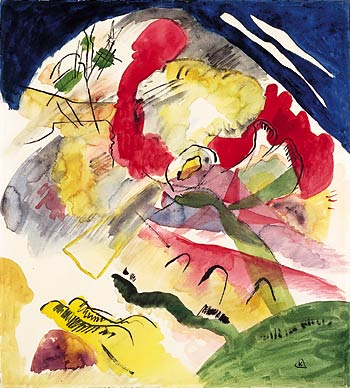


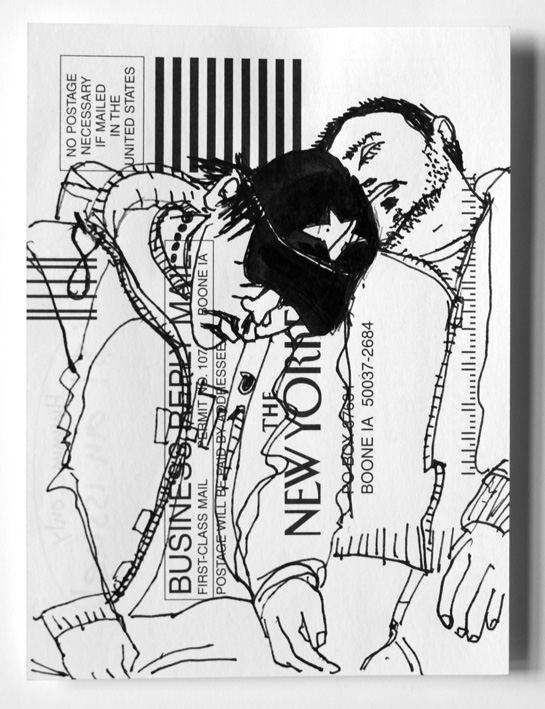
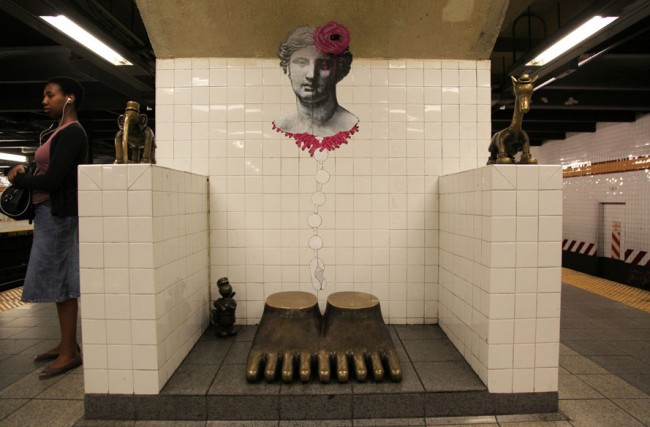
"The dignity of the artist lies in his duty of keeping awake the sense of wonder in the world." Marc Chagall


 |
| "an elimination of all obstacles between the painter and the idea, and between the idea and the observer." |
 |
| Lee Krasner Gaea 1966 |
 |
| No. 5/No. 22 1950 (dated on reverse 1949) |
 | |
| Mark Rothko No. 1 (Untitled) 1948 | No. 1 (Untitled) 1948 |
 |
| Jackson Pollock Easter and the Totem 1953 |
 |
| Barnett Newman Vir Heroicus Sublimis 1950-51 |
 |
When I say artist I mean the man who is building things - creating molding the earth - whether it be the plains of the west - or the iron ore of Penn. It's all a big game of construction - some with a brush - some with a shovel - some choose a pen. Jackson Pollock |
 Jane Austen's desk
Jane Austen's desk |
| Illustration by André Da Loba |
 Great House
Great House 
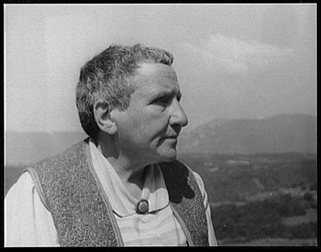
There are many histories of us then and now and they are written now and they are often written now. Many histories of us are often written now. Sometimes in the histories of us each one of us is different from the others of us and the one writing the history of himself and us is different in his history of himself and from us. In this history of us of himself and us Kreymborg makes us makes himself and each one of us different enough so that some one can know us. That is very nice for him and for us and very pleasant for him and for us and very satisfying to him and to us. We are all pleased with him and with us and so we say that he has made a very good description of himself and of each one of us. A history of himself and of each one of us and connections of more than one of us is a very sensitive thing a sensitive history of himself and of each one of us and of some who are ones and one. Always this is a good thing.


: image: Sebastian Waters via s w o o n d (née diana:muse)Now overlap the sundials with your shadows,and on the meadows let the wind go free.
Command the fruits to swell on tree and vine;grant them a few more warm transparent days,urge them on to fulfillment then, and pressthe final sweetness into the heavy wine.
Whoever has no house now, will never have one.Whoever is alone will stay alone,will sit, read, write long letters through the evening,and wander the boulevards, up and down,restlessly, while the dry leaves are blowing.
- Rainer Maria Rilke, translated by Stephen Mitchell



“You carry away with you a reflection of me, a part of me. I dreamed you; I wished for your existence. You will always be a part of my life. If I love you, it must be because we shared, at some moment, the same imaginings, the same madness, the same stage.”
— | Anaïs Nin (via elysskama) |
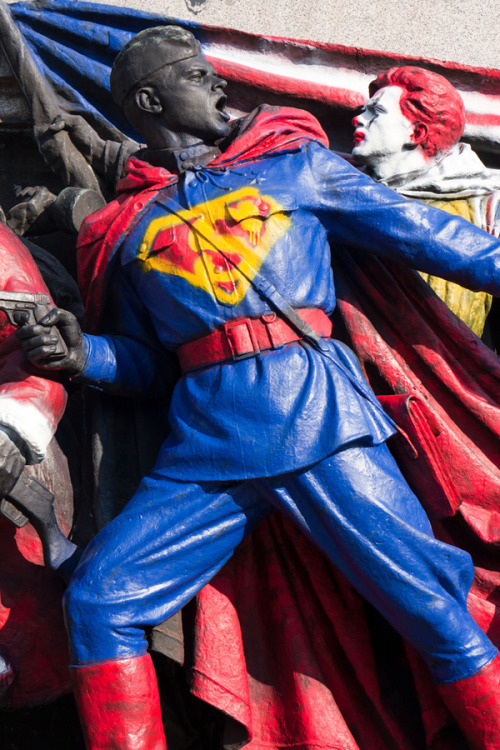
Now that he is safely dead,
Let us Praise him.
Now that he is safely dead,
Let us Praise him.
Build monuments to his glory.
Sing Hosannas to his name.
Dead men make such convenient Heroes.
They cannot rise to challenge the images
We would fashion from their Lives.
(Hines 1987, 468).image; Banksy
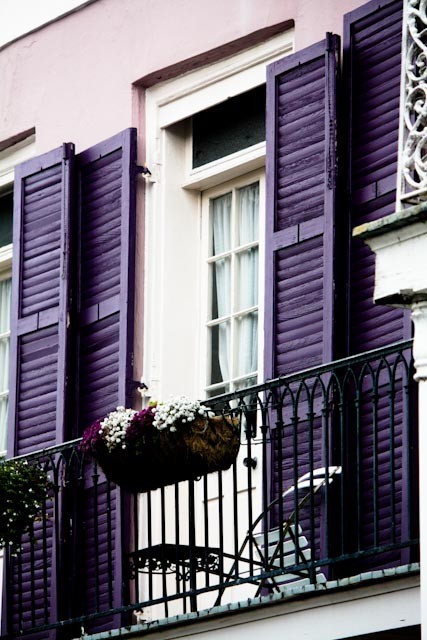
“Wherever
his hand has lain there is
a tiny purple blemish. Each part
is a blossom under his touch
to which the fibres of her being
stem one by one, each to its end,
until the whole field is a
white desire, empty, a single stem,
a cluster, flower by flower,
a pious wish to whiteness gone over—
or nothing.”
— | Queen-Anne’s-Lace, William Carlos Williams (via sketchofthepast) |
Speech after long silence; it is right,
All other lovers being estranged or dead,
Unfriendly lamplight hid under its shade,
The curtains drawn upon unfriendly night,
That we descant and yet again descant
Upon the supreme theme of Art and Song:
Bodily decrepitude is wisdom; young
We loved each other and were ignorant.
Damiel;
It's great to live by the spirit, to testify day by day for eternity, only what's spiritual in people's minds. But sometimes I'm fed up with my spiritual existence. Instead of forever hovering above I'd like to feel a weight grow in me to end the infinity and to tie me to earth. I'd like, at each step, each gust of wind, to be able to say "Now." Now and now" and no longer "forever" and "for eternity." To sit at an empty place at a card table and be greeted, even by a nod. Every time we participated, it was a pretense. Wrestling with one, allowing a hip to be put out in pretense, catching a fish in pretense, in pretense sitting at tables, drinking and eating in pretense. Having lambs roasted and wine served in the tents out there in the desert, only in pretense. No, I don't have to beget a child or plant a tree but it would be rather nice coming home after a long day to feed the cat, like Philip Marlowe, to have a fever and blackended fingers from the newspaper, to be excited not only by the mind but, at last, by a meal, by the line of a neck by an ear. To lie! Through one's teeth. As you're walking, to feel your bones moving along. At last to guess, instead of always knowing. To be able to say "ah" and "oh" and "hey" instead of "yea" and "amen."
Catherine Hessling, La fille de l’eau, Jean Renoir, 1924.